Sepsis is a leading cause of neonatal mortality globally, contributing to more than half a million deaths every year. Low- and middle- income countries (LMICs) bear a disproportionately large number of cases of neonatal sepsis in comparison to high-income countries. Prevention, evaluation and diagnosis, and management of suspected neonatal sepsis is challenging in many LMICs due to lack of needed reprocessing protocols and materials, dearth of laboratory infrastructure to perform blood cultures and other timely testing, and limited antibiotic choices. Team members at Jos University Teaching Hospital are interested in addressing the problem of neonatal sepsis in their population. The goal of our upcoming project is to do a needs assessment at JUTH and then design a project with colleagues there to address identified challenges in the prevention, diagnosis, and/or management of neonatal sepsis. Members of the travel group have expertise in neonatology, infection prevention, including reprocessing of medical equipment, as well as novel diagnostic methods including PCR. We anticipate that results of this project will include decrease in neonatal morbidity and mortality due to infection as well as strengthened infrastructure.
In Nigeria, about 22% of nearly a quarter million yearly neonatal deaths, or deaths within the first 28 days of life, are attributed to sepsis. Sepsis is a top-three cause of neonatal mortality globally, in addition to prematurity and perinatal hypoxic events. A dedicated working group and needs assessment are the first steps in addressing challenges related to prevention, diagnosis, and management of neonatal sepsis in this high incidence area in order to decrease morbidity and mortality.
We expect to have greater understanding of the specific challenges around high incidence, morbidity, and mortality of neonatal sepsis in the Jos region of Nigeria in order to design projects to help mitigate the challenges and improve neonatal outcomes. We hope to takeaway learnings to consider when addressing the problem of neonatal sepsis in other local as well as global settings.
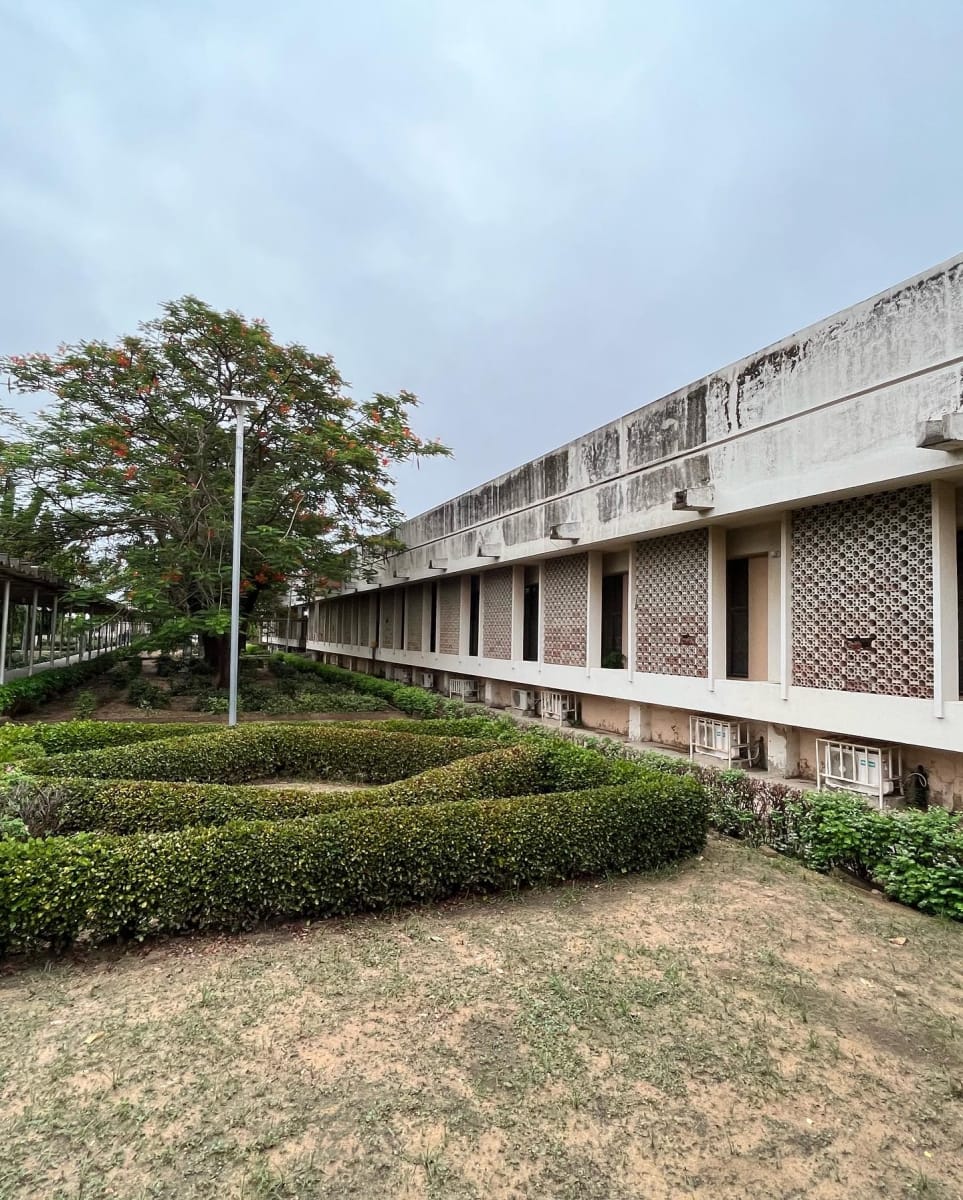
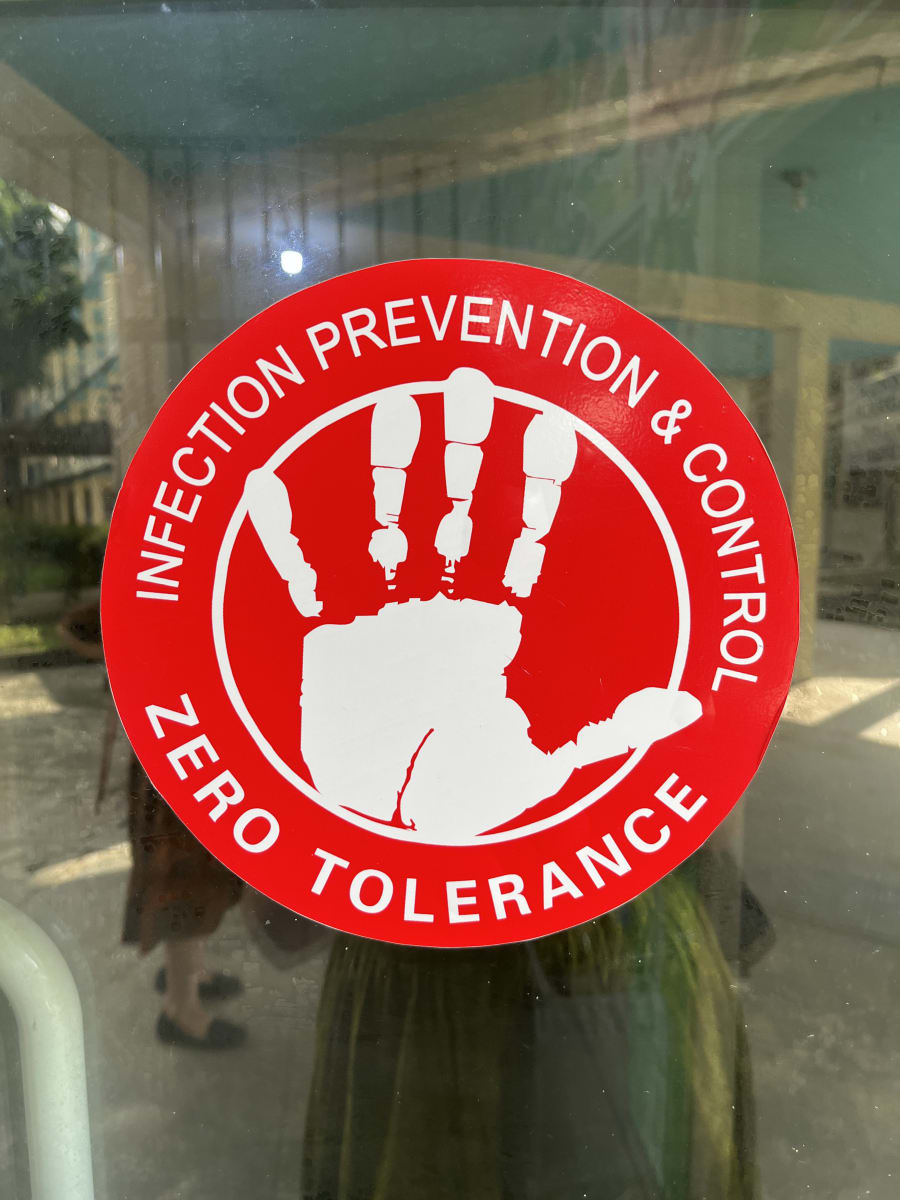



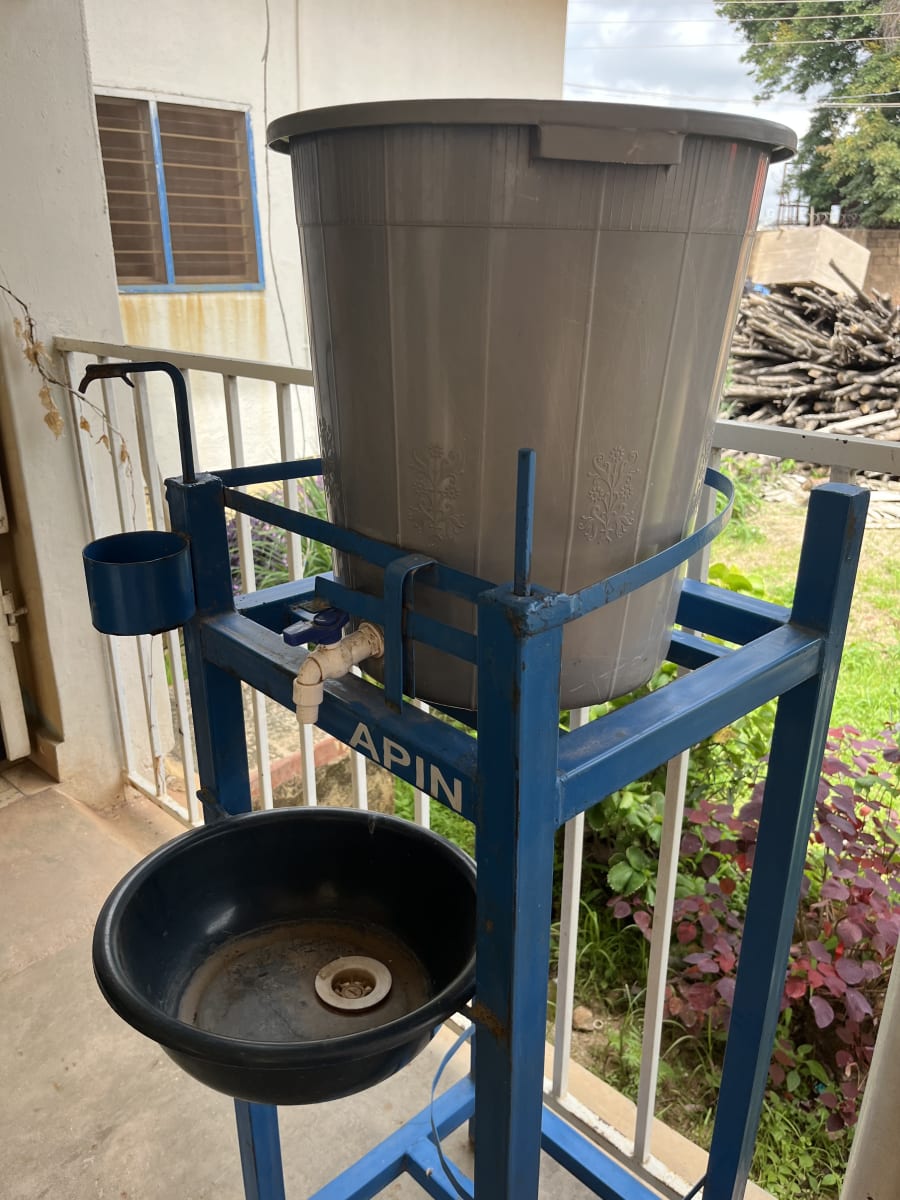
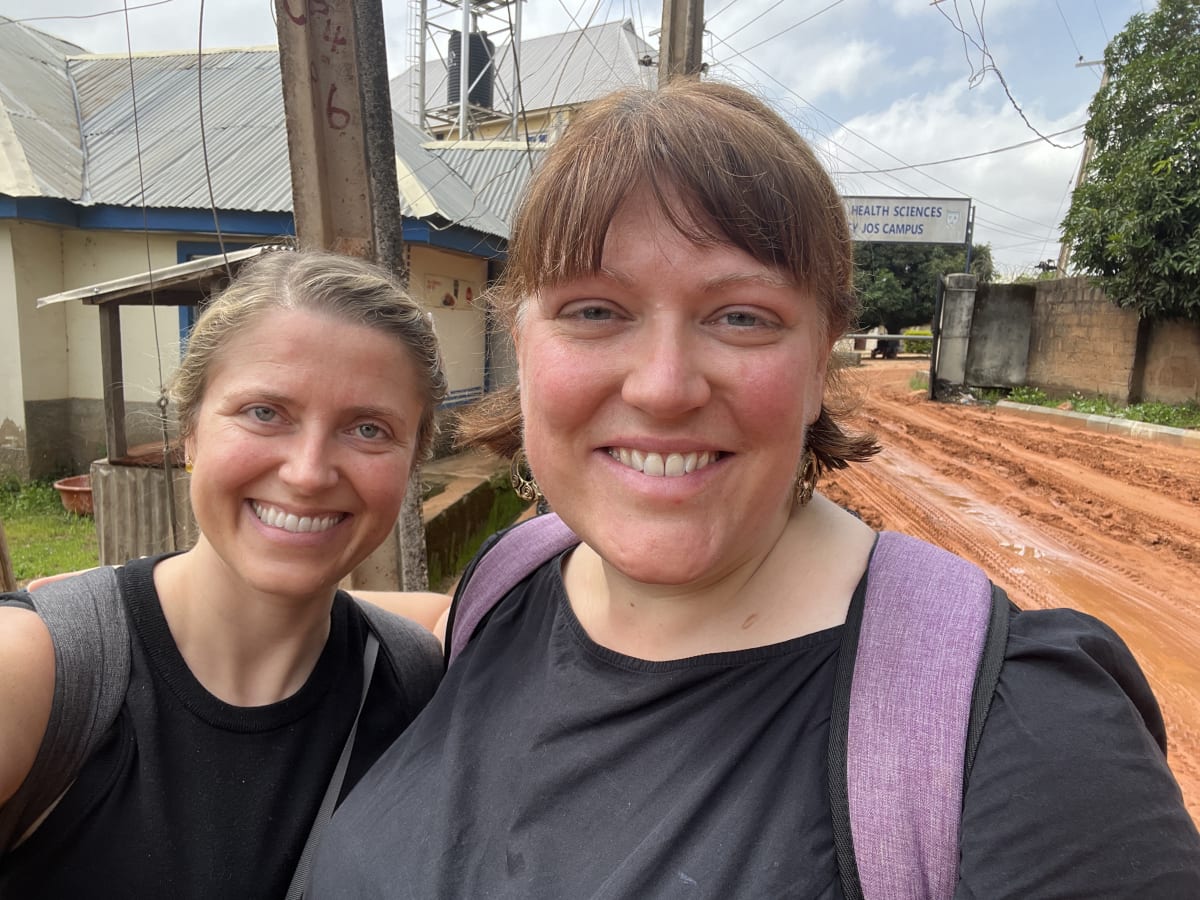




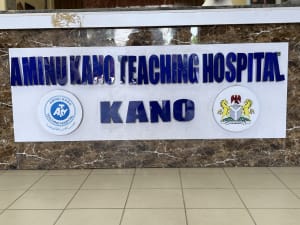


During our trip to Nigeria, we met with local colleagues regarding the devastating impact of neonatal infections on neonatal morbidity and mortality. Nigeria currently has the highest neonatal mortality rate in the world and infection is a top-three cause. Infections are difficult to prevent, diagnose, and manage. Our group spoke about infection prevention at several locations around Nigeria, on topics based on WHO guidelines. We met with infection prevention specialists to identify barriers to basic interventions including hand hygiene, and to discuss some potential solutions. In addition, we met with a group at Jos University Teaching Hospital to develop a research project aiming to improve diagnose of neonatal infections with the use of novel tools; if successful, the work is scalable and will have significant impact on our ultimate goal of reducing neonatal deaths due to infection.